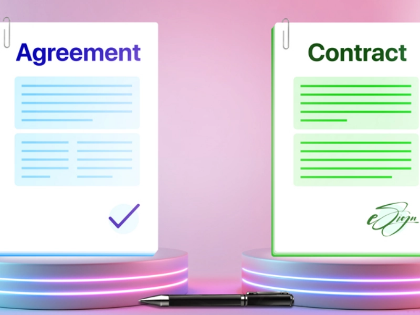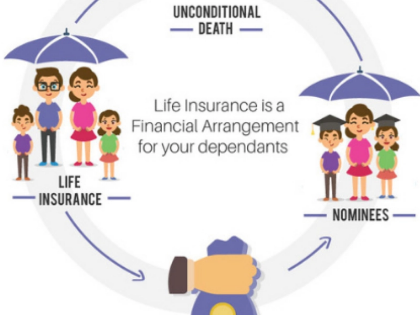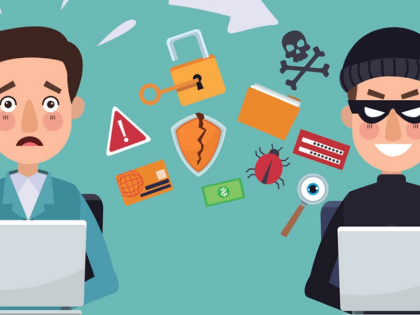Safeguarding Your Personal Data And Privacy
It's critical to protect your privacy and personal information because identity theft could be committed using it if you misplace it. This might have disastrous consequences. Prior to providing any PII to websites or applications, always review their privacy policies. Make sure you understand how your information will be used and that the policy is explicit.
Keep your identity safe.
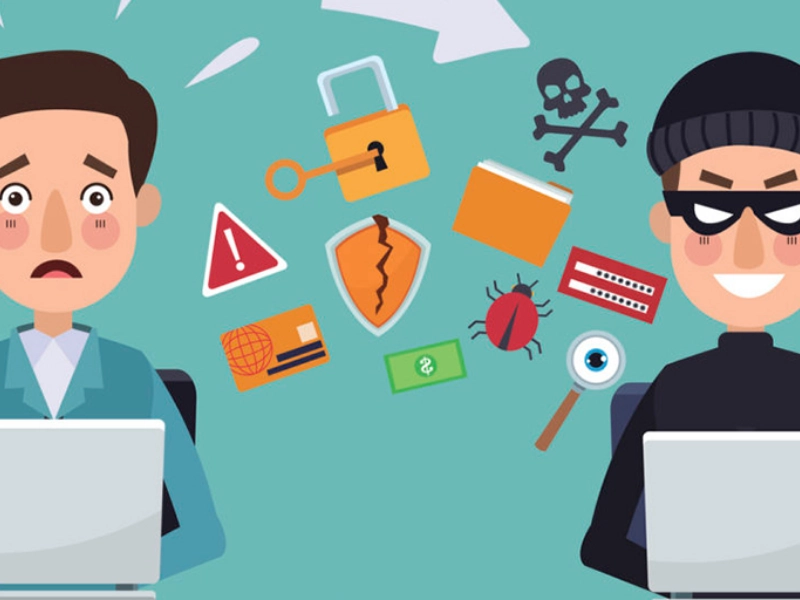 The largest danger to your privacy is dishonest people who wish to steal your identity and utilize it for personal financial advantage. Your personal information (PII), which includes things like your name, address, credit card number, Social Security number, and more, can be used to accomplish this.
Cybercriminals can more easily breach your financial accounts and commit other types of cybercrime if they have a greater amount of personally identifiable information (PII). You should therefore take every precaution to ensure the security of your information. This entails modifying your social media privacy settings and being cautious about what you share online. It also entails making sure your devices are shielded by firewall, anti-virus, and anti-malware software that is updated on a regular basis. It's also critical to read privacy statements.
The largest danger to your privacy is dishonest people who wish to steal your identity and utilize it for personal financial advantage. Your personal information (PII), which includes things like your name, address, credit card number, Social Security number, and more, can be used to accomplish this.
Cybercriminals can more easily breach your financial accounts and commit other types of cybercrime if they have a greater amount of personally identifiable information (PII). You should therefore take every precaution to ensure the security of your information. This entails modifying your social media privacy settings and being cautious about what you share online. It also entails making sure your devices are shielded by firewall, anti-virus, and anti-malware software that is updated on a regular basis. It's also critical to read privacy statements.
Keep your information to yourself.
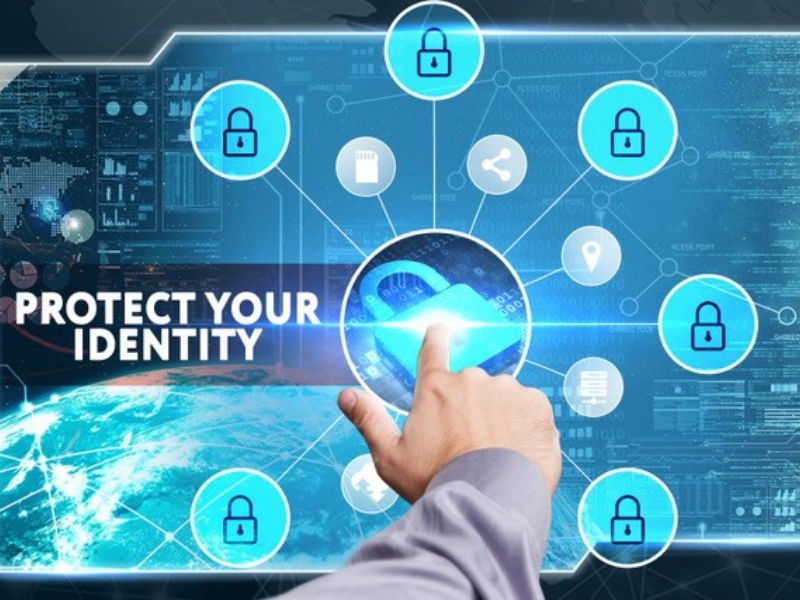 Sharing someone's personal information may seem innocent, but there are a number of reasons why it's best to avoid doing so. It is a violation of privacy and a betrayal of trust, to start.
Sharing personal information might also result in identity theft or extortion. It can also have long-term effects on a person's reputation. This is particularly valid for profiles that are created online. An individual's professional chances may be harmed by sharing offensive content or information on social media, which is how many prospective employers examine job applicants.
Furthermore, disclosing personal information can make it easier for hackers and other cybercriminals to follow a victim's online activities. Because of this, it's critical to carefully study privacy policies and only divulge PII when required.
Sharing someone's personal information may seem innocent, but there are a number of reasons why it's best to avoid doing so. It is a violation of privacy and a betrayal of trust, to start.
Sharing personal information might also result in identity theft or extortion. It can also have long-term effects on a person's reputation. This is particularly valid for profiles that are created online. An individual's professional chances may be harmed by sharing offensive content or information on social media, which is how many prospective employers examine job applicants.
Furthermore, disclosing personal information can make it easier for hackers and other cybercriminals to follow a victim's online activities. Because of this, it's critical to carefully study privacy policies and only divulge PII when required.
Watch out for phishing schemes.
 A large percentage of data breaches and credit card fraud incidents are caused by phishing scams. Phishing emails are a common tool used by fraudsters to pose as reputable businesses or individuals in an attempt to dupe victims into clicking on a link, divulging passwords and other private information, or downloading malware that gives the perpetrator complete access to the victim's computer and personal data.
Cybercriminals even pretend to be friends or coworkers in targeted phishing attacks in order to trick victims into clicking on dubious links and attachments. Be wary of poorly written sentences, URLs that seem too short to be true, and misspelled domain names.
Although email is the most often used phishing technique, cybercriminals can also use voice calls (vishing), text messages (smishing), social media, and messaging apps. Inform other users and businesses about any phishing efforts so they can strengthen their security protocols.
A large percentage of data breaches and credit card fraud incidents are caused by phishing scams. Phishing emails are a common tool used by fraudsters to pose as reputable businesses or individuals in an attempt to dupe victims into clicking on a link, divulging passwords and other private information, or downloading malware that gives the perpetrator complete access to the victim's computer and personal data.
Cybercriminals even pretend to be friends or coworkers in targeted phishing attacks in order to trick victims into clicking on dubious links and attachments. Be wary of poorly written sentences, URLs that seem too short to be true, and misspelled domain names.
Although email is the most often used phishing technique, cybercriminals can also use voice calls (vishing), text messages (smishing), social media, and messaging apps. Inform other users and businesses about any phishing efforts so they can strengthen their security protocols.
Examine the websites' and applications' privacy policies.
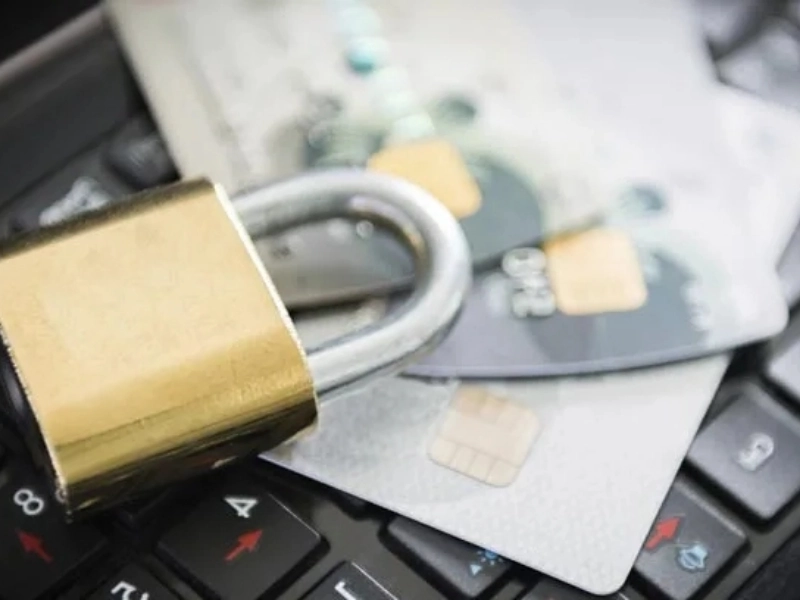 The majority of apps and websites gather some sort of personal data. These policies, which are sometimes referred to as privacy notices or privacy statements, explain what information is collected and how it will be used.
These regulations may be lengthy, intricate, and rife with legalese. Many users find them illegible, and even those that are shorter might be difficult for non-techies to understand.
Laws like the GDPR require businesses to obtain users' freely provided consent before collecting data about them. One approach to accomplishing this is to ask users to acknowledge the policy when they first use the service or website and to prominently post a link to it on the website or app. It is also a good idea to incorporate a link to the policy into terms and conditions and other legal agreements.
The majority of apps and websites gather some sort of personal data. These policies, which are sometimes referred to as privacy notices or privacy statements, explain what information is collected and how it will be used.
These regulations may be lengthy, intricate, and rife with legalese. Many users find them illegible, and even those that are shorter might be difficult for non-techies to understand.
Laws like the GDPR require businesses to obtain users' freely provided consent before collecting data about them. One approach to accomplishing this is to ask users to acknowledge the policy when they first use the service or website and to prominently post a link to it on the website or app. It is also a good idea to incorporate a link to the policy into terms and conditions and other legal agreements.
Learn for yourself.
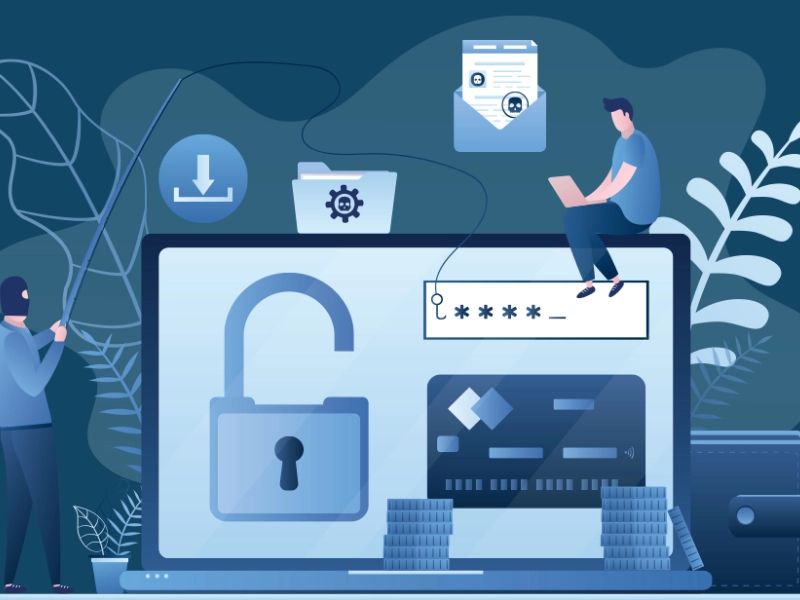 The easier it is for thieves to break into your accounts and take your money, the more personal information they can find out about you. Make sure your passwords are secure and one-of-a-kind; refrain from sharing too much on social media; and use a VPN when using public networks to safeguard your privacy.
Additionally, you may educate yourself on online privacy by learning about data collection methods, privacy laws in different countries, and what to do if you have concerns about how your personal information is being used. This includes being aware that, if you voice your issues, the majority of firms are eager to improve their rules and procedures.
In the end, maintaining your online privacy requires a lot of work, but it is well worth the effort to be secure.
The easier it is for thieves to break into your accounts and take your money, the more personal information they can find out about you. Make sure your passwords are secure and one-of-a-kind; refrain from sharing too much on social media; and use a VPN when using public networks to safeguard your privacy.
Additionally, you may educate yourself on online privacy by learning about data collection methods, privacy laws in different countries, and what to do if you have concerns about how your personal information is being used. This includes being aware that, if you voice your issues, the majority of firms are eager to improve their rules and procedures.
In the end, maintaining your online privacy requires a lot of work, but it is well worth the effort to be secure.





